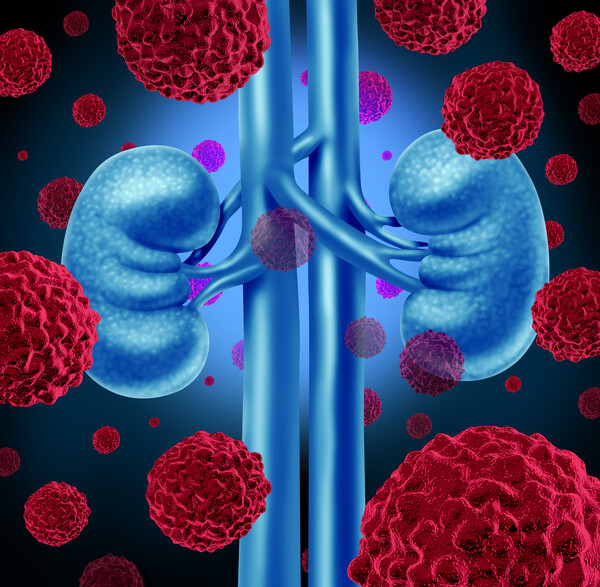Koreans with chronic kidney disease and their medical expenses more than doubled over the past decade, a report said.

The Korea Disease Control and Prevention Agency (KDCA) released the report, “Information on the prevention and management of chronic kidney disease for my family and me,” on Wednesday, World Kidney Day, along with the Korean Academy of Medical Sciences and the Korean Society of Nephrology.
Chronic kidney disease is an ailment with a damaged kidney or deteriorated function for three months or more. An estimated 11 percent of all people worldwide are chronic kidney disease patients.
According to KDCA, the prevalence of chronic kidney disease among Korean adults was 8.4 percent in 2021, and the rate rose higher with age, reaching 26.5 percent among people over 70.
Also, the number of chronic kidney disease patients and their medical expenses have doubled over the past 10 years. As a result, the per capita medical expense was 8.49 million won ($6,400) annually.
The KDCA and eight specialized societies, including the Korean Academy of Medical Sciences, revised guidelines based on the rules to prevent and manage chronic kidney diseases made in 2012.
The revised rules were made through a committee of experts from various schools and associations related to chronic kidney disease. The committee reviewed the evidence accumulated over the past 10 years and underwent an adjustment process considering the general public's understanding.
The guidelines comprise 10 items – seven applied to healthy people and patients and three for only patients – and will be offered with an explanation to practice the methods in the information leaflet.
The preventive rules included healthy life practices, such as regular checkups, management of high-risk diseases, and eating bland food.
“As chronic kidney disease is often caused by the complications of diabetes and high blood pressure, attention is needed for high-risk people groups with diabetes, high blood pressure, or families of chronic kidney disease patients,” said Professor Oh Kuk-hwan of the Seoul National University College of Medicine, who heads the committee.
Since there are few symptoms and it is often found only after the kidney function has decreased significantly, receiving regular checks is very important, Oh added.
KDCA Commissioner Jee Young-mee said, “The government will follow chronic kidney disease in the long term, develop factors that can improve patients’ prognosis, and reflect them on policies.”
It also will continuously try to develop material used by the public to prevent and treat chronic kidney diseases, such as clinical guidelines for primary treatment and methods to practice preventive rules, Kim added.

